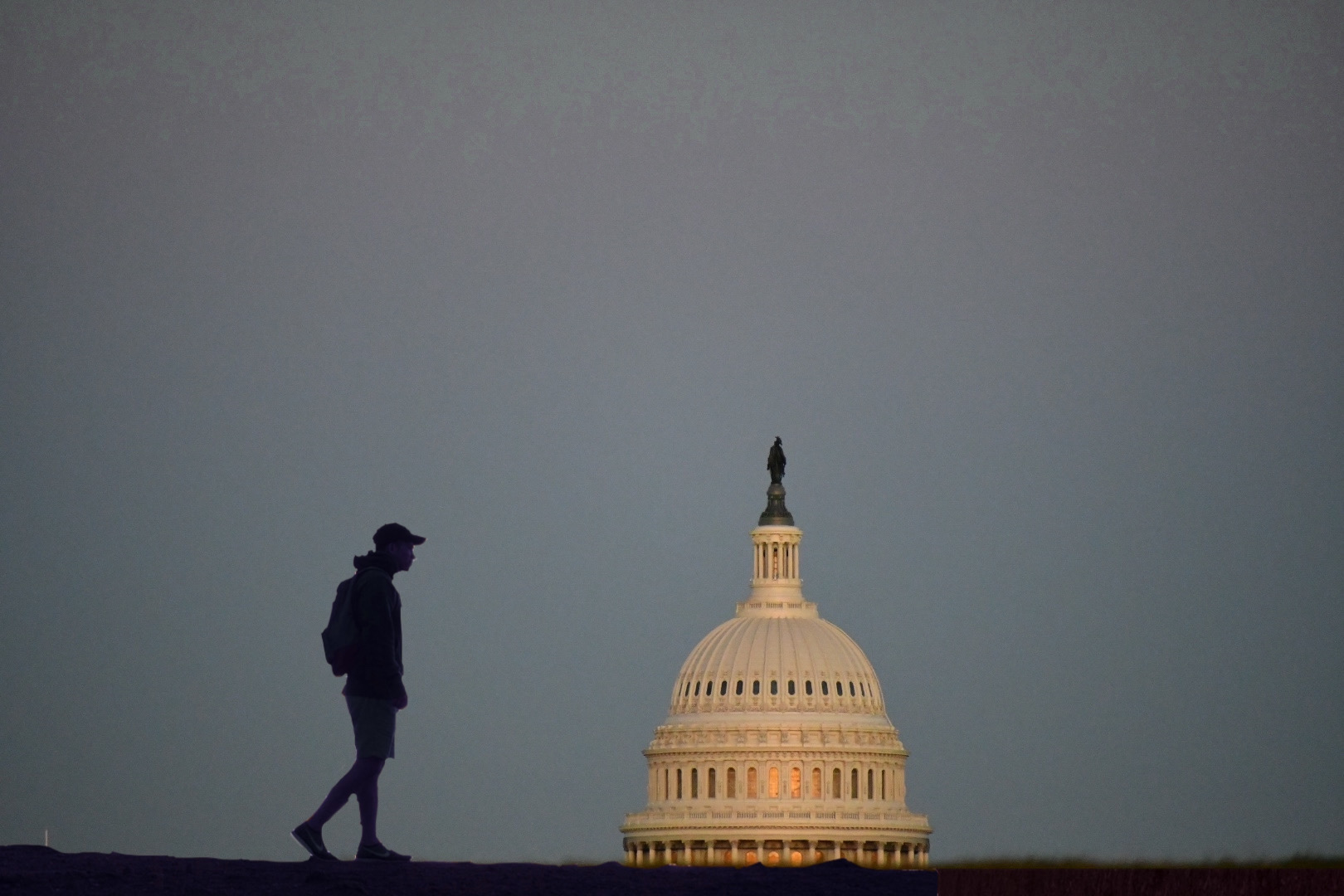Blog March 8, 2021
Few Americans are Confident in American Democracy, But Younger Americans are Especially Skeptical

The surge in partisan polarization in America has made it a rarity that Democrats and Republicans could ever find common ground on an issue. However, data from the new January 2021 American Perspectives Survey (APS) reveals one important area where Democrats and Republicans seem to agree. Seventy percent of Democrats and 66 percent of Republicans agree that American democracy only serves the interests of the wealthy and powerful. This sentiment isn’t surprising considering the trend of populism gaining traction on both the left and the right. On the Democratic side, politicians like Senators Bernie Sanders and Elizabeth Warren have advocated for increased taxes on billionaires and large corporations. Likewise, some very conservative Republicans, such as Senators Josh Hawley and Marco Rubio, reflect the growing economic populism attracting many on the right through their support for legislation curbing the powers of Wall Street and corporations.
The view that American democracy only serves the interests of the wealthy and powerful is strongly felt among younger partisans ages 18 to 29. Nearly eight in 10 young Democrats (77 percent) and Republicans (79 percent) agree that democracy only works to benefit the wealthy. Older partisans (ages 65 and older), also agree, by significantly smaller margins. Sixty-two percent of older Democrats and 59 percent of older Republicans say democracy only serves the wealthy and powerful.
It’s not surprising that younger Americans are more skeptical about the benefits of American democracy. Young people have come of age during a time of deep political polarization and intense partisan acrimony. Polling conducted over the years shows that young people are deeply concerned about the cost of higher education, racial inequality, and climate change. And government has thus far shown an inability to address these concerns.
In a Harvard Youth Poll conducted last spring, only 8 percent said the government is working as it should be. While young people are more pessimistic about the state of government, slightly more said they would rather reform American institutions than replace them entirely. Fifty-one percent of young people said the government has problems, but they can be solved through reforming the institutions we already have, not replacing them. A sizable minority (39 percent) of young adults expressed support for doing away with current institutions and creating new ones to replace them.
Not only do younger Americans express greater skepticism about American democracy, their doubts extend to feelings about being American and whether the US serves as a moral example in the world. Younger Americans express far less pride in their nationality than older Americans. In the APS data, seniors are more than twice as likely as young adults to say they are extremely proud to be American (23 percent vs. 55 percent). Older Americans believe more strongly in American exceptionalism than their young adults. Seventy percent of older Americans agree with the statement, “If more countries adopted American values and way of life, the world would be much better off.” Only 43 percent of young adults agree.
Despite concerns revealed in recent surveys about the functioning of the US democratic system, Americans still say it is preferable form of government. A late 2019 Voter Study Group survey analyzed attitudes about democracy and authoritarianism in America, finding that 77 percent said democracy is preferable to any other kind of government and 87 percent said a democratic political system is a good way of governing.
There is no simple remedy to address years of public distrust and institutional unresponsiveness. But if elected leaders wish to instill greater confidence in the democratic system, a good place to start would be to address the most pressing public health issue in a generation: COVID-19. If the federal and state governments can effectively administer the COVID-19 vaccine and deliver economic support that Americans and businesses require, it will go a long way in demonstrating that even if government is clunky and the results imperfect, the institutions of democratic governance can work.







